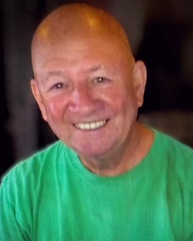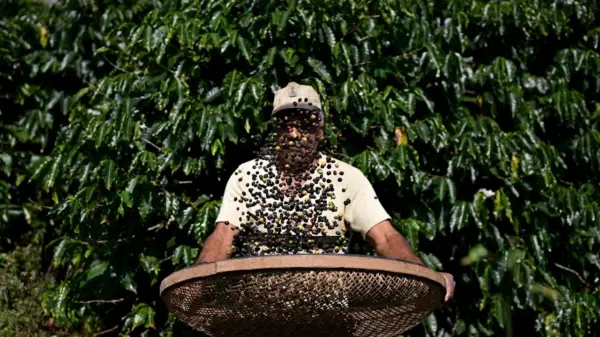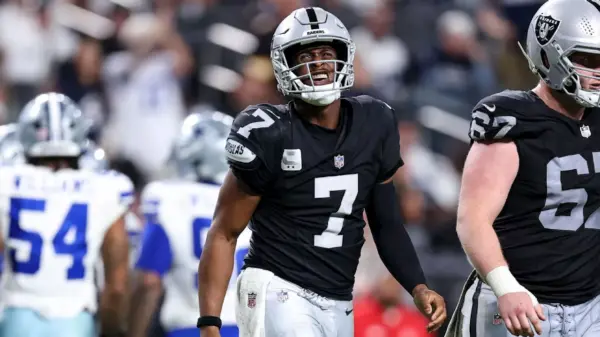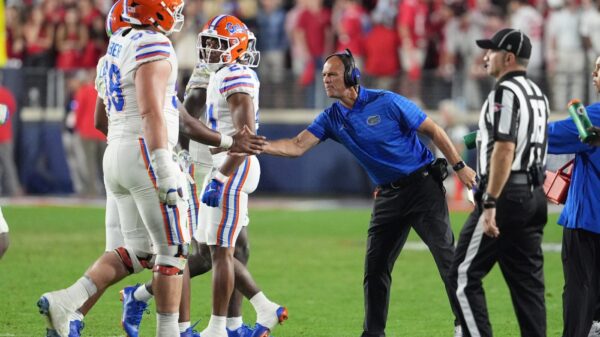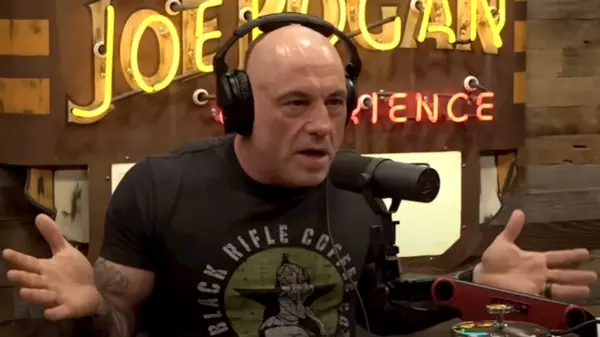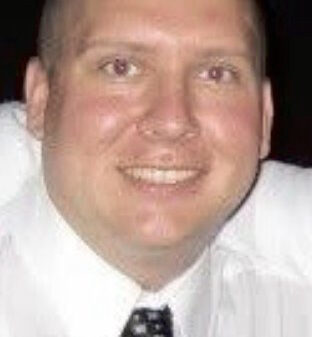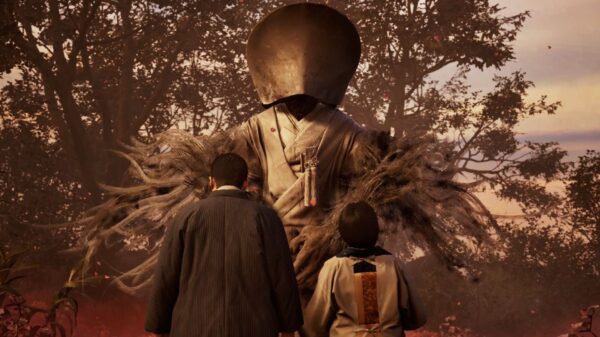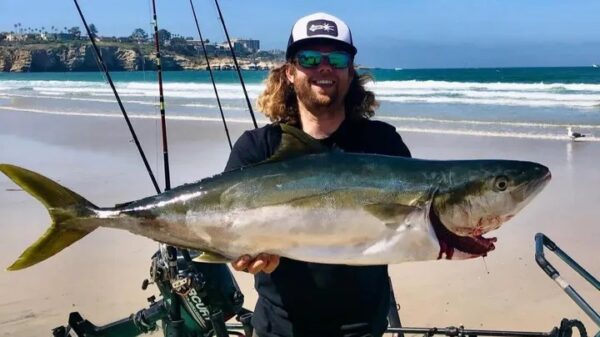UPDATE: In a gripping testimony that could sway the outcome of the wrongful death case against the Los Angeles Angels, former pitcher Mike Morin revealed today that he, Tyler Skaggs, and team employee Eric Kay were secretive about their drug use. This shocking revelation was made during the trial in Santa Ana, California, as the Skaggs family seeks $22 million in damages following Skaggs’ tragic overdose in 2019.
Morin’s testimony, delivered earlier today, highlighted that only he, Skaggs, and Kay were aware of their illicit drug use during the 2017 season. “I think that he wanted to not have a bunch of people know what he was doing,” Morin said, emphasizing the clandestine nature of their actions. He admitted that he kept this secret from his family and recognized the illegality of their actions.
The stakes are high in this trial, as the Angels have consistently argued that Skaggs was responsible for his own death, attributing it to reckless personal choices. Morin testified, “I think that he is responsible for his actions,” reinforcing the Angels’ defense that they were unaware of Skaggs’ struggles with addiction.
Kay, who is currently serving a 22-year prison sentence for supplying Skaggs with the fatal fentanyl-laced oxycodone, was described by Morin as discreet in his drug distribution. He recounted how they received pills from Kay, often referred to as “blue boys,” in a manner that felt safe at the time. “I assumed that any pill we were going to be getting wouldn’t be fatal,” Morin stated, expressing his naivety about the risks involved.
Defense attorneys introduced a series of text messages between Morin and Skaggs discussing their drug use, highlighting the normalcy of their conversations around pills. “Pill distribution was typically extremely discreet,” Morin explained, detailing how transactions occurred without raising suspicion.
The emotional weight of this case was palpable as Morin described the immense pressure faced by professional athletes to perform. He expressed regret over his past actions, stating, “I am 100 percent embarrassed to sit here and say this is what I did.” His testimony underscores the human impact of the ongoing trial and the tragic loss of Skaggs.
Earlier testimony from Skaggs’ mother, Debbie Hetman, revealed that she never disclosed her son’s addiction issues to the Angels, although she would have if asked. This contradiction has raised further questions about the team’s awareness of Skaggs’ struggles.
As the trial continues, expert witnesses are expected to testify about the potential earnings Skaggs could have generated had he lived, adding another layer of complexity to the case. This developing story highlights the critical conversations around addiction, responsibility, and the role of professional sports organizations.
Stay tuned for more updates as this trial unfolds, revealing the heartbreaking realities of addiction and its devastating consequences in the world of athletics.











